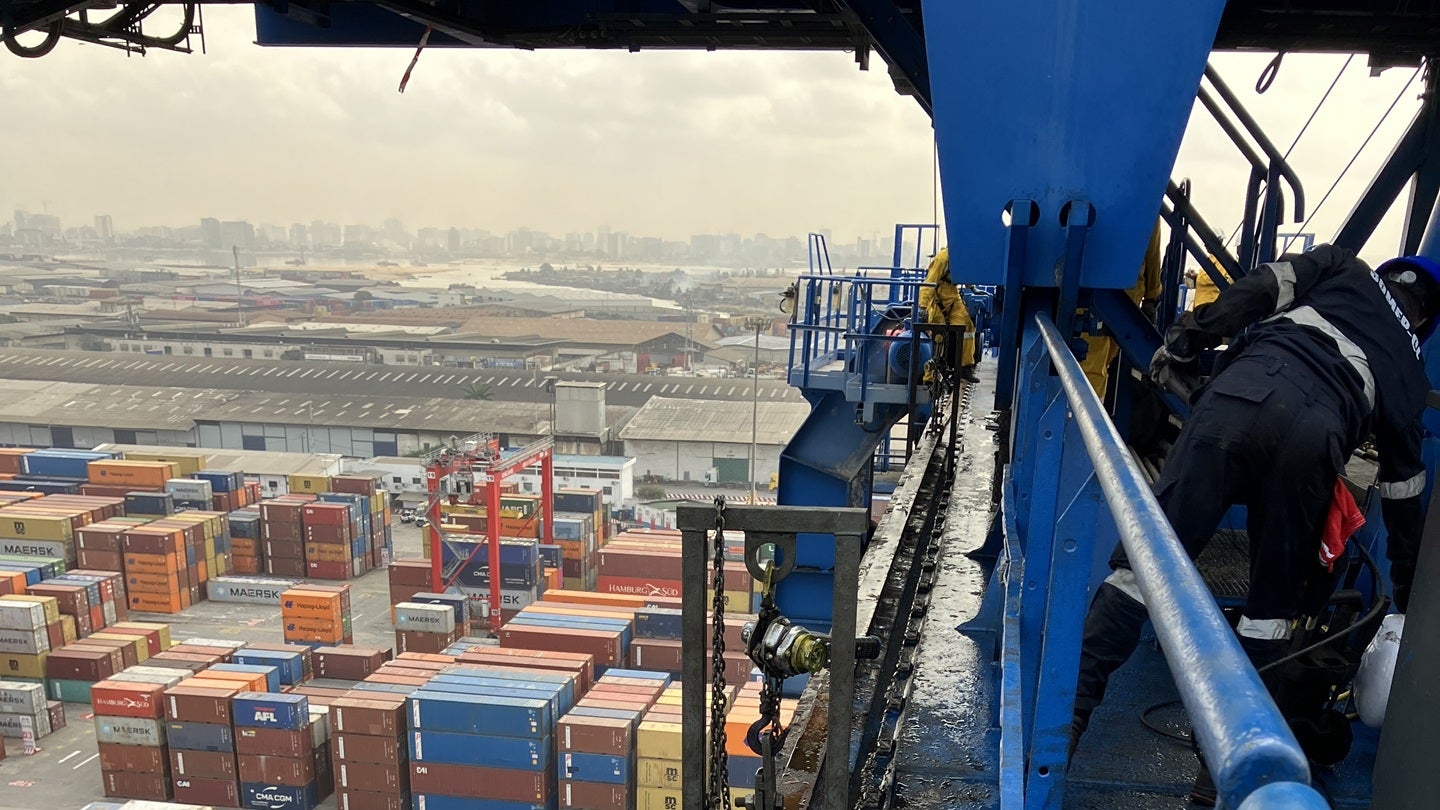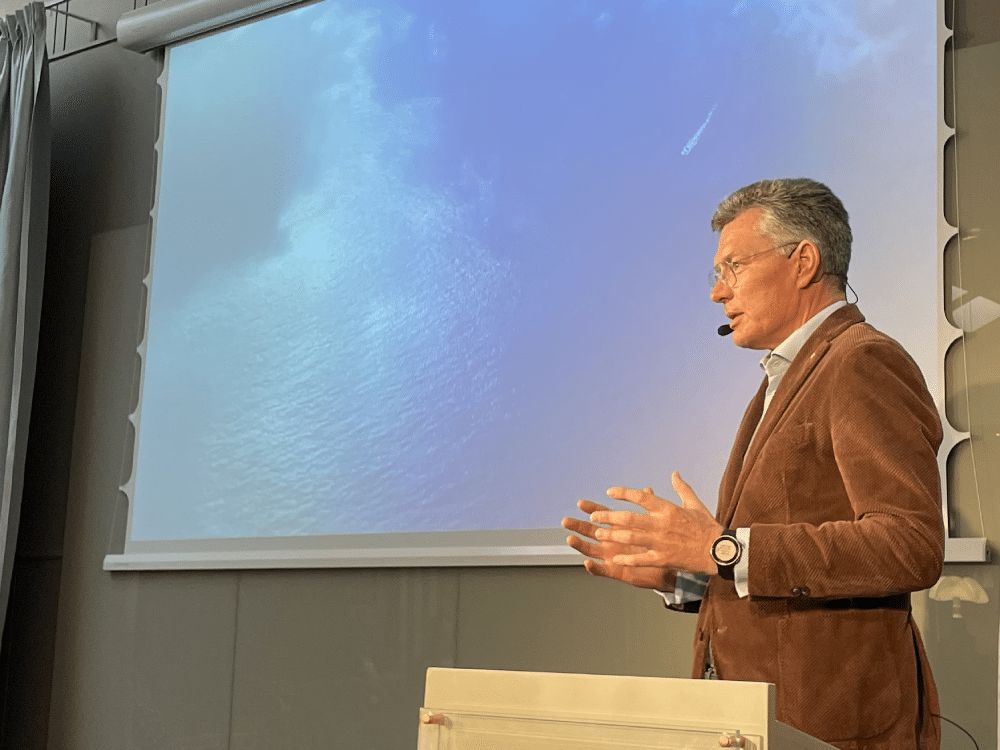Örebro Police Establish Security Zone Amid Rising Gang Violence

In response to escalating violence linked to gang conflicts in Örebro, local police have announced the establishment of a security zone in parts of Varberga and Oxhagen. The measure, effective from 6 PM, is set to last for two weeks and aims to prevent serious violent crimes connected to known criminal groups. 'We've observed an increase in violence within certain conflict environments in Örebro, and several incidents appear to stem from the same conflict area,' a police spokesperson stated during a press conference.
The security zone, also referred to as a visitation zone, grants police the authority to conduct body searches on individuals and inspect vehicles in public spaces without specific suspicion of a crime. This move comes in the wake of an explosion in the Rosta area early Wednesday morning, which resulted in one individual being hospitalized. The victim, who was conscious and able to speak when found, is reported to be in good condition considering the circumstances.
Authorities have cordoned off the affected apartment building, with the national bomb squad conducting investigations. Preliminary assessments suggest that the explosion caused significant damage only to the targeted apartment. However, police are treating the incident as attempted murder, public destruction, and a violation of laws concerning flammable and explosive substances.
While the targeted apartment was not the intended focus of the attack, it is reported to be the residence of an individual connected to gang-related activities. Nearby residents have been temporarily relocated as a precaution. 'This is to ensure no one enters or exits the building until we've deemed it safe,' explained Lars Hedelin, the police press spokesperson. The investigation continues as the community grapples with the implications of the violence and the measures taken to curb it.




